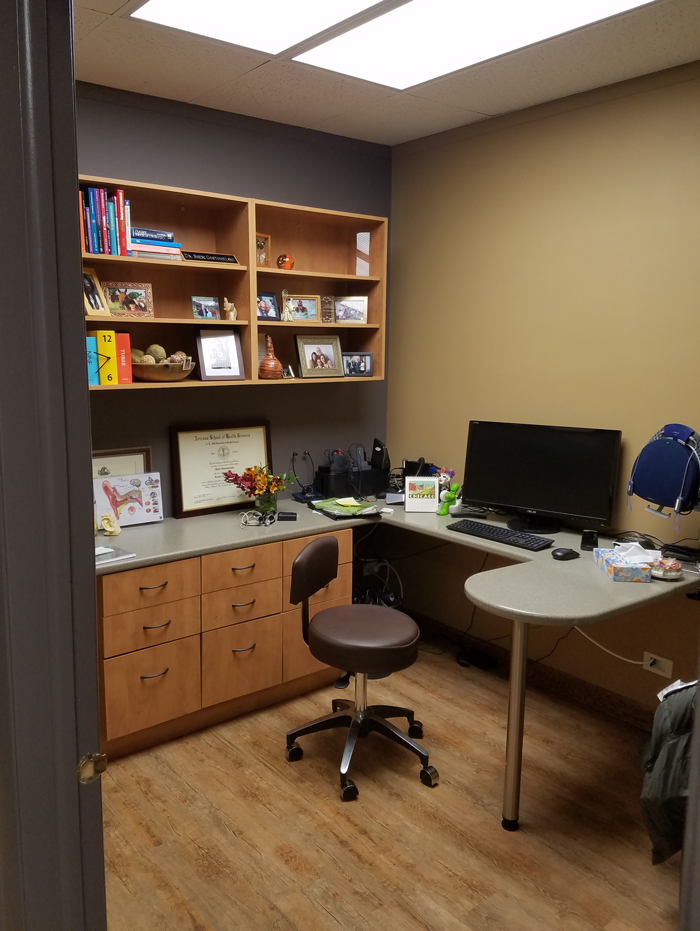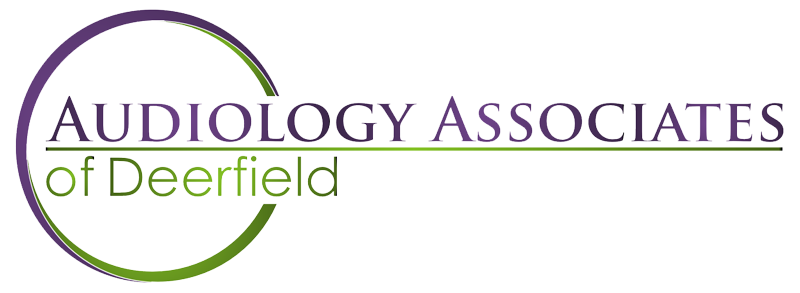Hearing Loss Diagnosis & Treatment
At Audiology Associates of Deerfield, we know that hearing loss should be treated with the utmost care and compassion, and we aim to provide our patients with hearing loss solutions designed around their lives.
What is hearing loss, and what causes it?
Hearing loss has several causes, including prolonged or sudden exposure to loud sound, genetics, illness, or injury. And, every person experiences hearing loss in a slightly different way — from the severity to the overall impact on quality of life.

What is hearing loss, and what causes it?
Sensorineural Hearing Loss (SNHL) is the most common type of hearing loss, and it’s most often caused by damage to the inner ear. When the organs of the inner ear or the nerves they’re connected to are damaged by loud noise or a physical injury, hearing becomes more difficult.
Mixed Hearing Loss is a combination of SNHL and conductive hearing loss, and, while treating the conductive portion can improve hearing, the SNHL portion is usually non-reversible and can cause permanent hearing loss.
How is hearing loss diagnosed and treated?
Hearing loss often develops gradually, so it can be hard to tell that a hearing loss is present until it reaches more moderate levels. That’s why it’s important to get regular hearing tests starting at age 50 to properly diagnose hearing loss when it can be more easily treated.
Depending on the severity and cause of the hearing loss, hearing aids are usually the go-to treatment option for those experiencing hearing loss, as hearing aids can help individuals maintain a more normal hearing level.

The Potential Consequences of Untreated Hearing Loss
Isolation
Cognitive Decline
Stress or Anxiety
Fatique
If you think you may be experiencing hearing loss, see a hearing care specialist right away
The risks associated with untreated hearing loss can be lessened or completely avoided with proper treatment. Reach out to Audiology Associates of Deerfield today to schedule a hearing test and thorough exam by one of our skilled audiologists.
